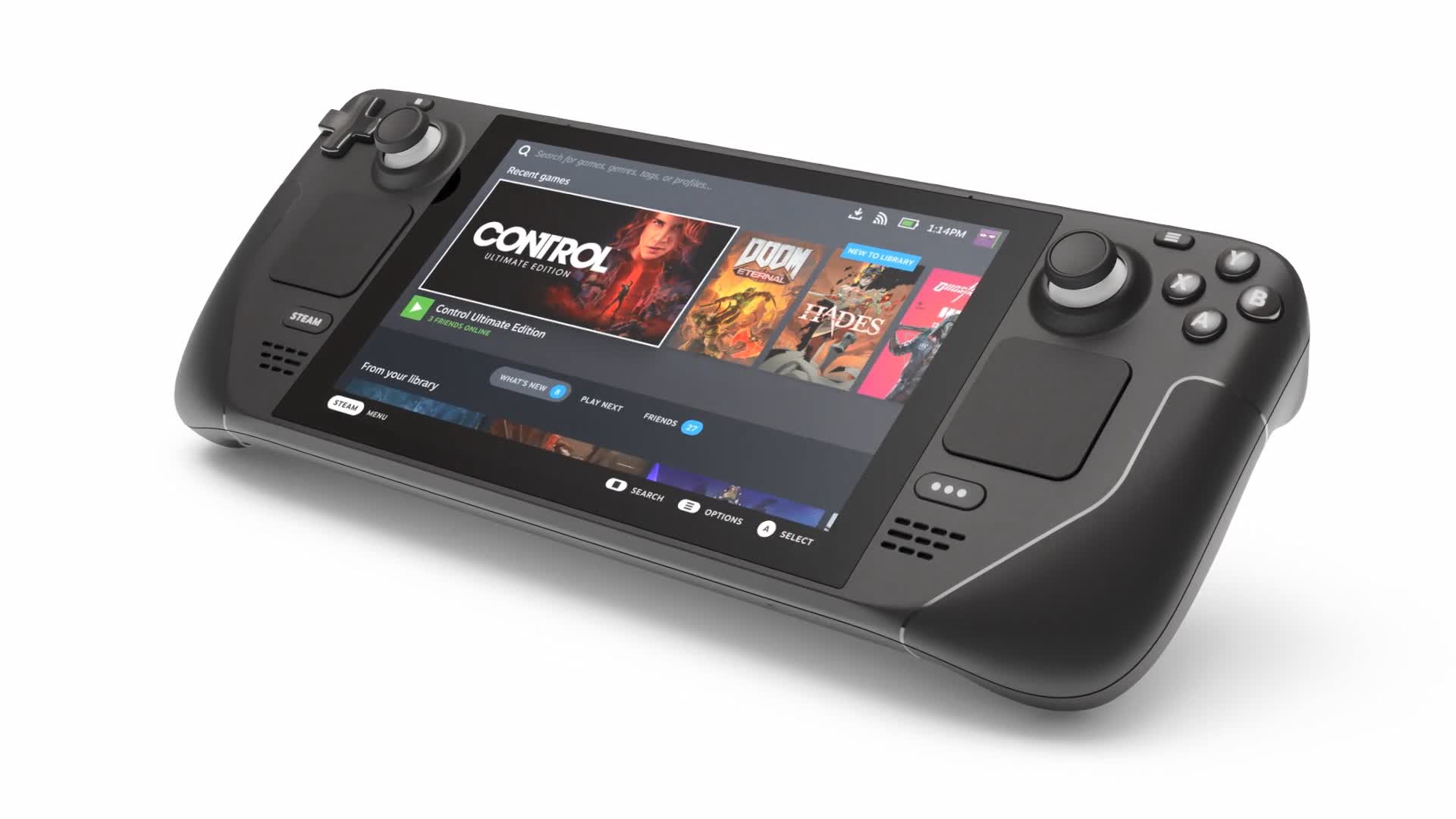Highly anticipated: Valve's upcoming Steam Deck handheld should support Windows, but Windows 11's requirement of the TPM 2.0 security feature threw a lot of people for a loop. Valve recently said it's working with AMD to make sure it meets that requirement.

Valve told PC Gamer that it's making sure Steam Deck meets the requirements for Microsoft's upcoming Windows 11 operating system when both launch later this year. This includes the requirement for Trusted Platform Module 2.0, or TPM 2.0, which has had some users worried.
Valve will ship Steam Decks with its own Arch-based SteamOS 3.0, using the Proton compatibility layer to run Windows-only games. However Valve is keeping the device completely open, and won't stop users from installing Windows on it.
This ostensibly means Windows 10, but ever since Microsoft published the system requirements for Windows 11, users have been worried they might be a tad steep. Most concerning has been TPM 2.0, which caused some confusion when Microsoft's compatibility checker told many users it didn't meet that requirement.
PC Gamer asked Valve about this in an interview. "There's work looking at TPM just now," said Steam Deck designer Greg Coomer. "We've focused so much on Windows 10, so far, that we haven't really gotten that far into it. Our expectation is that we can meet that."

This involves not just Valve but also AMD, the designer of the Steam Deck's Zen 2 CPU and RDNA 2 GPU. "It's also a conversation that's going on with AMD," Coomer told PC Gamer "to make sure that, at the BIOS level, we can accommodate that. So there's nothing to indicate to us yet that there'll be any issues with Windows 11." Just about all of AMD's recent motherboards and CPUs support TPM 2.0 through firmware TPM (fTPM), which can be enabled in the BIOS.
Although Valve is working on Proton to ensure good performance for Windows games that don't natively support SteamOS 3.0, many Steam Deck owners may still want to install Windows 10 or 11 on the device to get native Windows performance. They may also want to install games from PC game launchers that don't support SteamOS (or any version of Linux) at all, like Microsoft's Xbox Game Pass, the Epic Games Store, or Blizzard's Battle.net.
https://www.techspot.com/news/90722-valve-steam-deck-meet-windows-11-requirements.html